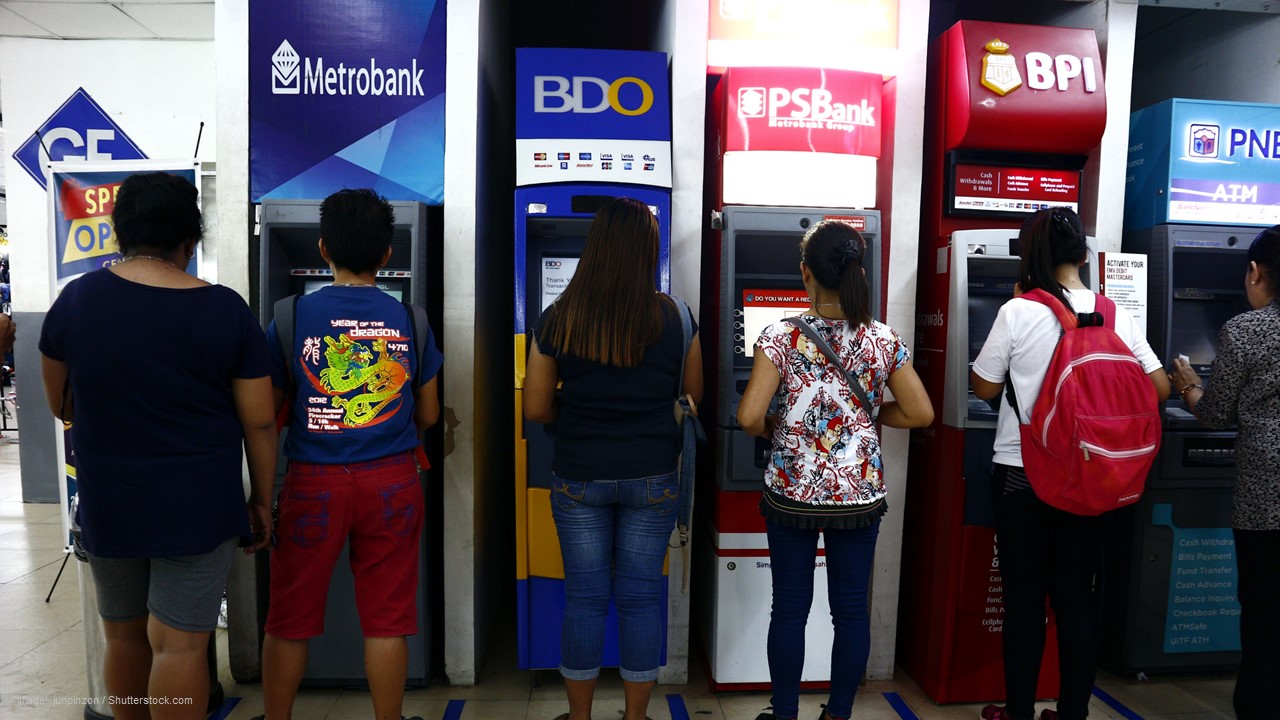Empowering Nations: Banking Penetration in Developing Countries
In today’s interconnected world, access to banking services is considered a fundamental right, fostering economic growth, financial stability, and poverty reduction. While third-world countries, also known as developing nations, have faced significant challenges, they have also witnessed remarkable progress in banking penetration. This article delves into the dynamics of banking penetration in these regions, exploring the challenges, innovative solutions, and the transformative impact on societies.
Challenges in Banking Penetration:
1. Limited Infrastructure:
Developing countries often lack basic infrastructure, making it challenging to establish a widespread banking network, especially in remote rural areas.
2. Low Financial Literacy:
Many citizens lack awareness and understanding of financial services, hindering their ability to utilize banking facilities effectively.
3. Unstable Economies:
Economic instability and political unrest in some developing nations create an uncertain environment for banking institutions, deterring investments.
Innovative Solutions:
1. Mobile Banking:
The widespread availability of smartphones has enabled the rise of mobile banking, allowing people to access banking services using simple mobile apps, even in areas with limited physical bank branches.
2. Agent Banking:
Utilizing local businesses or individuals as banking agents, especially in rural areas, has expanded the reach of banking services. These agents facilitate basic transactions on behalf of formal banking institutions.
3. Digital Wallets:
Digital payment systems and e-wallets have gained popularity, providing secure and convenient ways for people to store money and make transactions without the need for traditional bank accounts.
Impact on Societies:
1. *Financial Inclusion:* Banking penetration has empowered millions by providing them access to credit, savings, and insurance services, fostering financial inclusion and reducing income inequality.
2. Entrepreneurship:
Access to financial services has stimulated entrepreneurship, allowing small businesses and startups to secure loans, invest in their ventures, and contribute to economic growth.
3. Education:
Improved access to banking has facilitated easier payment of school fees and educational expenses, enhancing educational opportunities for children in these regions.
4. Poverty Alleviation:
Banking penetration has played a vital role in poverty reduction by enabling families to save, invest, and plan for the future, breaking the cycle of poverty.
In conclusion, while challenges persist, the progress in banking penetration within third-world countries is a testament to human ingenuity and determination. Through innovative solutions and strategic partnerships, these nations continue to bridge the financial gap, empowering their citizens and paving the way for a brighter, more economically stable future.











Leave a Reply